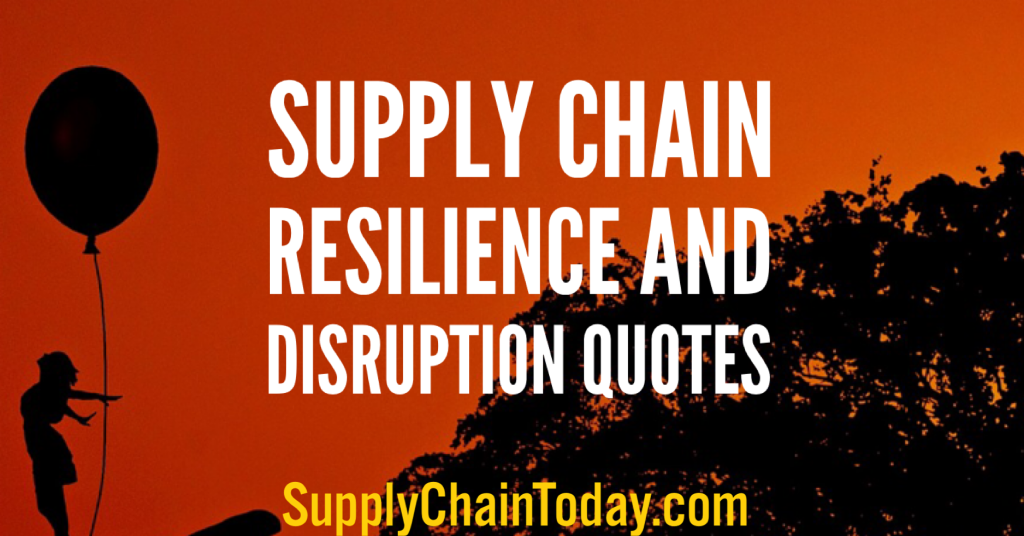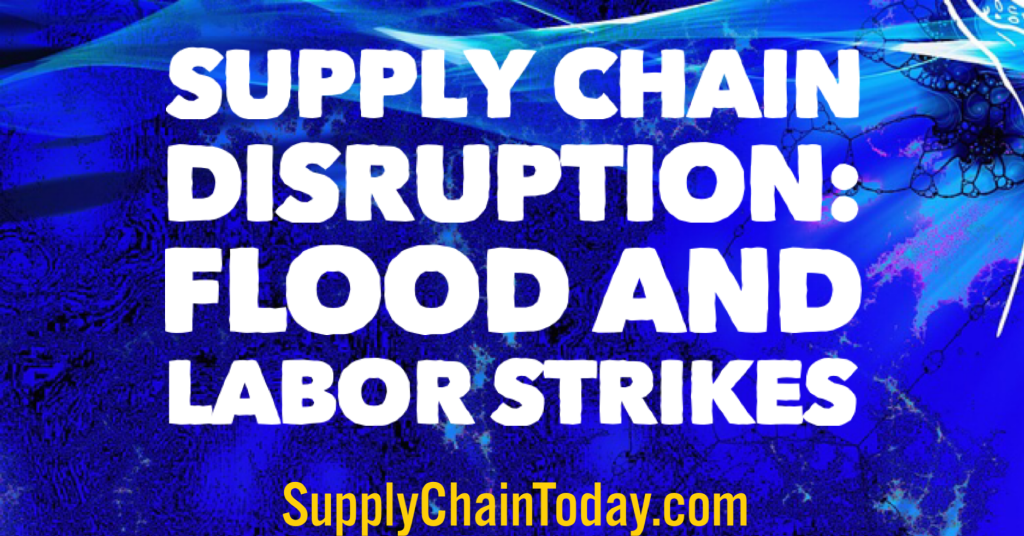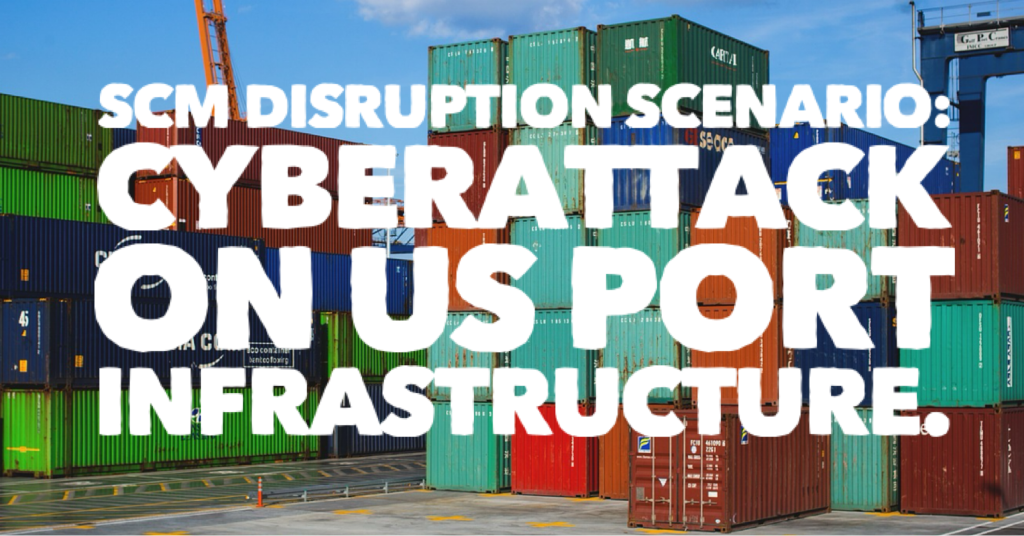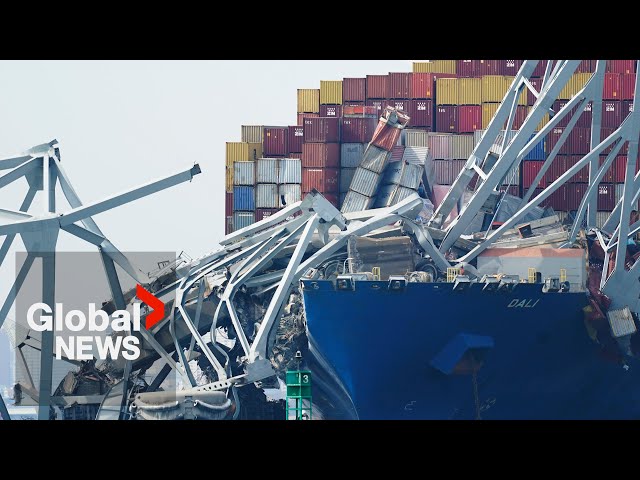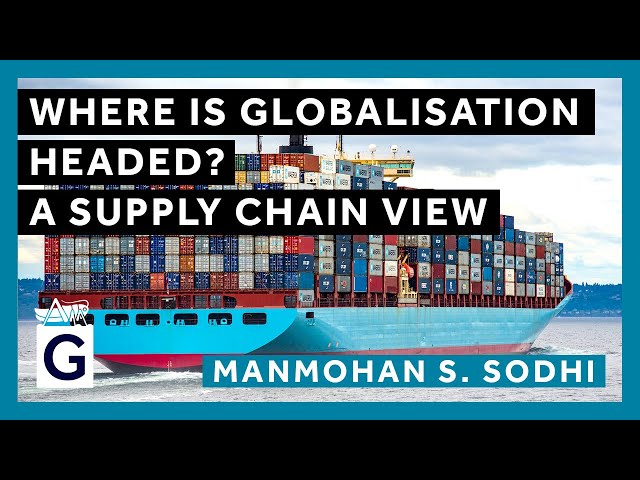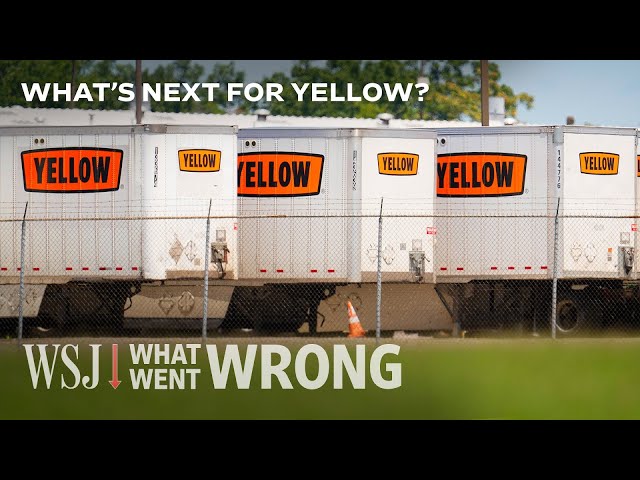The Worst Supply Chain Disruptions in Modern USA History.
Supply Chain disruptions are causing issues across the U.S. Globalized supply chains make cheaper goods but with COVID and other issues this has caused major chaos in the overall system.
How can artificial intelligence proactively mitigate supply chain disruptions?
There have been a number of significant supply chain disruptions in modern history that have had significant impacts on businesses and consumers. Some examples include:
- COVID-19 pandemic: The COVID-19 pandemic, which began in late 2019, has caused significant disruptions to global supply chains, with many businesses struggling to obtain the raw materials, components, and finished goods they need due to travel restrictions, lockdowns, and other measures.
- Tsunami in Japan: The 2011 tsunami in Japan disrupted the global supply chain, particularly in the automotive and electronics industries, due to the country’s importance as a supplier of key components.
- Chinese New Year: The annual Chinese New Year holiday, which usually lasts for several weeks, has disrupted global supply chains in the past due to the country’s importance as a manufacturing hub.
- Hurricane Katrina: The 2005 Hurricane Katrina disaster in the United States disrupted the global supply chain, particularly in the energy and transportation sectors, due to the damage caused to infrastructure and the disruption to production and transportation.
- SARS outbreak: The 2003 SARS outbreak disrupted global supply chains due to travel restrictions and quarantine measures, as well as a decrease in consumer demand due to concerns about the virus.
Overall, supply chain disruptions can have significant impacts on businesses and consumers, and it is important for organizations to have contingency plans in place to mitigate the risks of such disruptions.
Supply Chain Quotes
- “The reason why it is so difficult for existing firms to capitalize on disruptive innovations is that their processes and their business model that make them good at the existing business actually make them bad at competing for the disruption.” ~ Clayton Christensen
- “Technologies that are emerging today will soon be shaping the world tomorrow and well into the future – with impacts to economies and to society at large. Now that we are well into the Fourth Industrial Revolution, it’s critical that we discuss and ensure that humanity is served by these new innovations so that we can continue to prosper.” ~Mariette DiChristina
- “If you look at the robotic devices that are coming into the restaurant industry — it’s cheaper to buy a $35,000 robotic arm than it is to hire an employee who’s inefficient making $15 an hour bagging French fries — it’s nonsense and it’s very destructive and it’s inflationary and it’s going to cause a job loss across this country like you’re not going to believe.” ~Ed Rensi
- “Smart companies fail because they do everything right. They cater to high-profit-margin customers and ignore the low end of the market, where disruptive innovations emerge from.” ~ Clayton Christensen
- “Many supply chains are perfectly suited to the needs that the business had 20 years ago.” ~Jonathan Byrnes, MIT Professor
- “There are two ways to extend a business. Take inventory of what you’re good at and extend out from your skills. Or determine what your customers need and work backward, even if it requires learning new skills. Kindle is an example of working backward.” ~Jeff Bezos
- “Freight mobility and movement, while not a sexy policy issue, is a highly important one. Capacity constraints and congestion on our nation’s freight rail system create many problems.” ~Bill Lipinski
Supply Chain Disruption Resources.
- Automation Quotes by Top Minds.
- Avoiding Disruptions in Your Supply Chain.
- Battle of the Robot Armies – Jeff Bezos vs Elon Musk.
- Bullwhip Effect: How Sudden Demand Increases Affect Supply Chains.
- Container shipping documentary showing how containers revolutionized shipping.
- Coronavirus Accelerates Automation Across Industry.
- Every Stop a Shipping Container Makes from China to Chicago.
- From Pandemic Disruption to Global Supply Chain Recovery.
- How COVID-19 Is Accelerating Business Automation.
- Industry 4.0 Digital Port Container Terminals.
- Is your warehouse ready to handle omnichannel logistics?
- Learn to Innovate Supply Chain in an Hour.
- Need Shipping and Transport Training? Try these resources.
- SCM Risk Management Discussion.
- Shipping Warehouse Automation Robots.
- Supply Chain Challenges: Ports Face Record Backlog.
- Supply chain experts see more disruptions in 2022.
- Will My Job Disappear? Automation, AI and Robots.
- Will Robots and Artificial Intelligence replace Human jobs by 2030?
Supply Chain Resilience and Disruption Quotes by Top Minds.
Supply Chain Disruption: Mississippi River Flood and Labor Strikes.
Supply Chain Disruption Scenario: Cyberattack on US Port Infrastructure.
Baltimore Bridge Collapse: Impact on Supply Chain Disruption.
Where Is Globalisation Headed? A Supply Chain View.
Yellow: Inside American Trucking’s Largest Bankruptcy.
Facebook Comments
